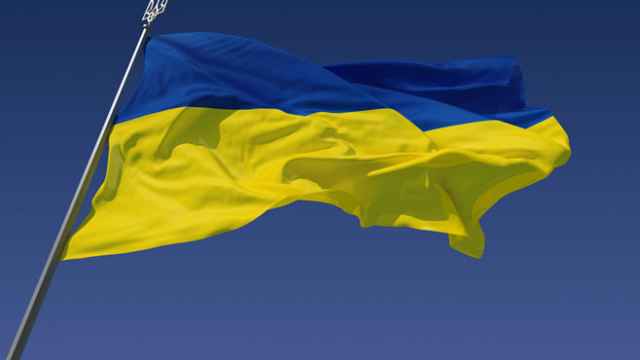
The surprise is not that society is demanding that the system of governance in today's Russia be transformed, but that the authorities now seem to be considering it.
It has been announced that President Vladimir Putin would himself be heading a special commission on government reform. From what we know, his commission, initially the idea of Prime Minister Dmitry Medvedev, will be tasked with developing new work approaches and key performance indicators (KPIs) for the Russian public sector.
This isn't the first time the Russian government has been here, of course. Back in 2004, the authorities also tried to eliminate inefficiencies in the work of state agencies, develop performance benchmarks, and redistribute powers between federal, state and local levels. This reform was supposed to be all about reducing the state's presence in the economy.
This so-called government reform had two main effects quite apart from those intended: a purge of certain government officials and an arbitrary shuffling of jurisdictions from one ministry to another. One particular decision stuck out — to reduce the number of under ministers to just two per ministry. This paralyzed many government services, and the rule was quickly reversed.
As of yet, no one has properly analyzed why the reform failed. Why, rather than decentralization, were resources and powers consistently transferred from municipal and regional authorities to the center? Why did pay rises not result in a reduction in corruption? Why did the state keep expanding?
The concept of new and better public administration is nothing new. Beginning in the 1970s, states the world over have experimented with ideas such as salary bonuses for civil servants, performance related funding, and KPIs. Very few elements of this market-based governance have proven successful. The exception might be the e-government interface, adopted by several Western nations.
In other words, the concept of such reform is dubious in itself. Consider for example the oft-touted performance indicators. One Russian public safety program given the KPI treatment found itself tasked with both "reducing fires" and "increasing the number of people saved in those fires."
How do you accurately assess the activities of ordinary government employees? By counting the number of certificates they issue, or by the number of words they write to fulfill their official duties? In the public sector, it is often very difficult to measure results or establish meaningful benchmarks.
To define a particular department's exact area of responsibility is not easy, either. Law enforcement is arguably as important as the Economic Development Ministry when it comes to creating a favorable investment climate. But only the latter will have to answer for the negative effects of indiscriminate raids against businesses.
In adopting public administration tools at least one thing looks clear. It is only possible to improve a government in this fashion when it already adheres to certain basic principles and operates with some efficiency. In other words, it is unlikely to have much application in Russia.
Even the cleverest technical tricks, most sophisticated KPIs and newest business methods cannot replace the true foundations on which real authority rests: public accountability, political competition and responsibility, an impartial judiciary and a free press.
Projects based on approaches and KPIs are unlikely to change much in Russia. For the time being they are a fig leaf, designed to hide the lack of will to do anything. The ruling elite is not ready to assume the risks associated with real change. Imitation is all that's left.
Oleg Buklemishev is an economist.
A Message from The Moscow Times:
Dear readers,
We are facing unprecedented challenges. Russia's Prosecutor General's Office has designated The Moscow Times as an "undesirable" organization, criminalizing our work and putting our staff at risk of prosecution. This follows our earlier unjust labeling as a "foreign agent."
These actions are direct attempts to silence independent journalism in Russia. The authorities claim our work "discredits the decisions of the Russian leadership." We see things differently: we strive to provide accurate, unbiased reporting on Russia.
We, the journalists of The Moscow Times, refuse to be silenced. But to continue our work, we need your help.
Your support, no matter how small, makes a world of difference. If you can, please support us monthly starting from just $2. It's quick to set up, and every contribution makes a significant impact.
By supporting The Moscow Times, you're defending open, independent journalism in the face of repression. Thank you for standing with us.
Remind me later.






